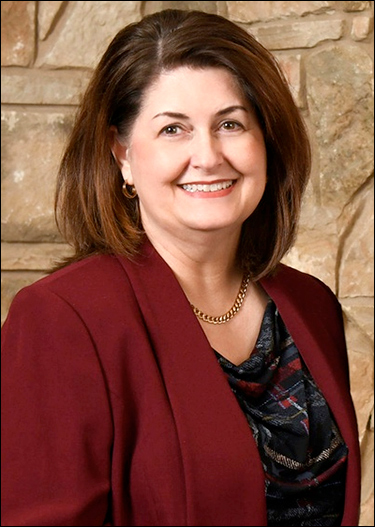By Jim Ellis — Thursday, July 27, 2023
President
Gov. Doug Burgum: Qualifies for GOP Debate — North Dakota Gov. Doug Burgum’s campaign team announced that the candidate has qualified for the first Republican debate on Aug. 23 in Milwaukee. Gov. Burgum is showing an uptick in backing from both Iowa and New Hampshire and has attracted enough small dollar contributions and polling support to qualify for a podium on the debate stage.Gov. Burgum is the seventh debate participant joining former President Donald Trump, Florida Gov. Ron DeSantis, Sen. Tim Scott (R-SC), ex-UN Ambassador Nikki Haley, former New Jersey Gov. Chris Christie, and businessman Vivek Ramaswamy. Ex-Vice President Mike Pence remains the most well-known candidate who has not yet qualified.
Senate
Montana: Club for Growth Hedges on Support for Rosendale — The Club for Growth leadership several months ago said they would back US Rep. Matt Rosendale (R-Glendive) to the tune of $10 million if he decided to challenge Sen. Jon Tester (D), as he did five years ago. In the 2018 election, Rosendale, then the state auditor, lost to Sen. Tester, 50-47 percent.
Now, CfG president David McIntosh, himself a former Republican congressman, is hedging on such a support level, saying that retired Navy SEAL and aerospace company CEO Tim Sheehy is an impressive candidate and Rep. Rosendale is needed in the House. Rosendale has long been a presumed Senate candidate but has yet to come forward and formally announce his political plans.
House
CA-22: Democratic Competition — In November, Golden State Rep. David Valadao (R-Hanford) defeated then-state Assemblyman Rudy Salas (D), 51.5 – 48.5 percent, in a district the FiveThirtyEight data organization rates as D+10. Salas, who many regard as the congressman’s most difficult opponent from the group of candidates he faced during his five victorious federal campaigns, has already announced that he is returning for a rematch. Now, however, further competition looms on the horizon. State Sen. Melissa Hurtado (D-Sanger/Bakersfield) is reportedly preparing to announce for Congress and will enter the March 5, 2024, all-party jungle primary.
While Hurtado’s Senate district covers just over 96 percent of the 22nd Congressional District, she was only re-elected in November by just a 22-vote margin from more than 138,000 ballots cast. Therefore, it appears that Salas should still be favored to advance into the general election against Rep. Valadao.
FL-9: Republican to Try Again — Former state Rep. John Quinones (R), who ran for the 9th District seat in 2012 but lost soundly (63-37 percent) to then-Rep. Alan Grayson (D), is returning to run again in 2024, this time hoping to challenge incumbent Rep. Darren Soto (D-Kissimmee). The 9th District, which contains the south Orlando area, was the most over-populated of the 27 Florida congressional districts prior to reapportionment and redistricting. It has 30 percent different territory from when Quinones ran the first time.
Rep. Soto was re-elected to a fourth term in November with a 54-46 percent margin, which was much lower than expected against an opponent who spent less than $600,000. The FiveThirtyEight data organization rates FL-9 at a substantial D+16, with a partisan lean calculation from Dave’s Redistricting App of 58.8D – 39.2R.







